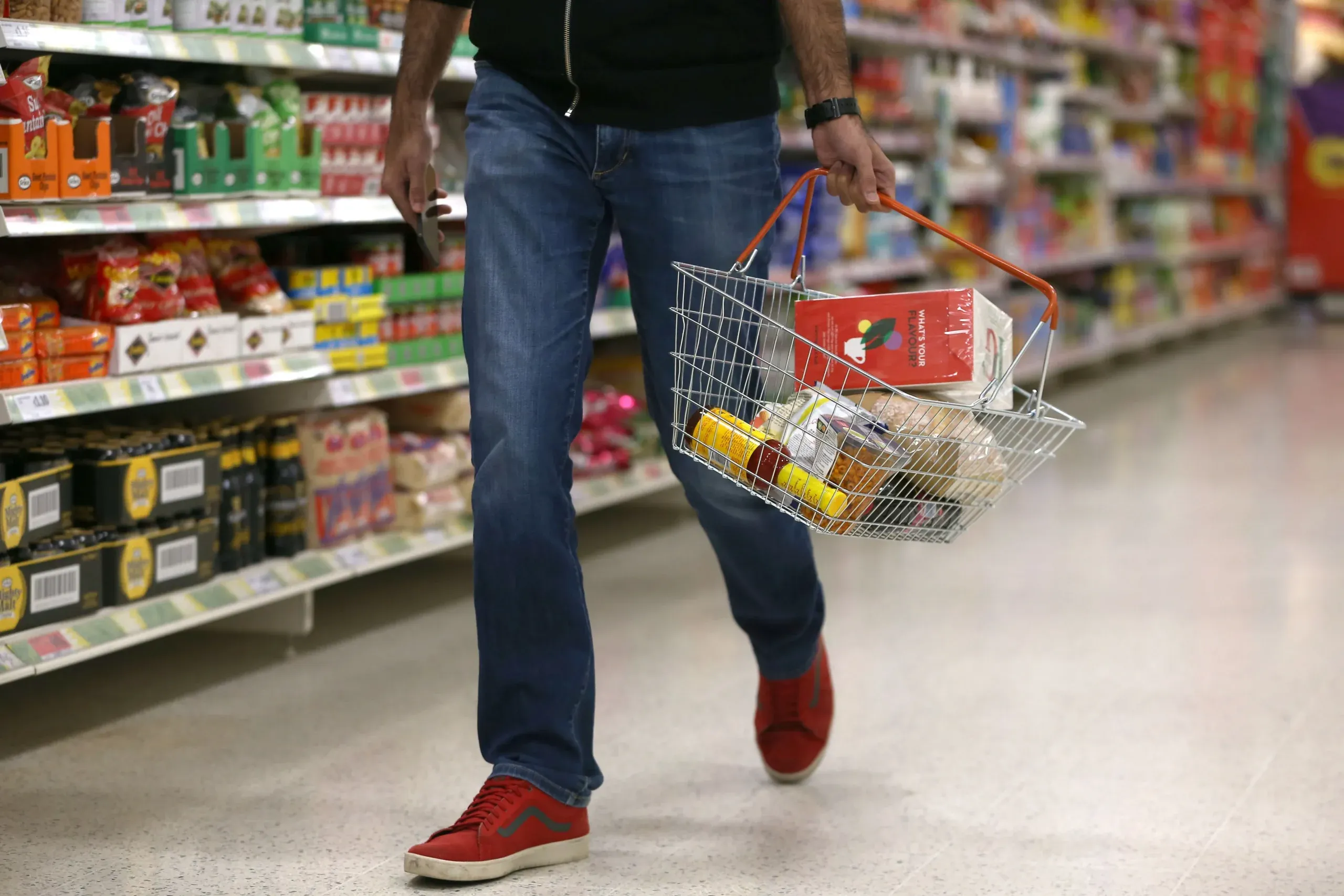
UK shoppers pick up their spending, signalling quick end to recession
By Suban Abdulla
LONDON (Reuters) -British retail sales jumped by the most in almost three years in January as consumers recovered their appetite for spending, suggesting the economy could emerge quickly from its recession in the second half of last year.
Sales volumes increased by 3.4% from December, much stronger than the median forecast of a 1.5% increase in a Reuters poll of economists.
January’s jump was the biggest since April 2021 and followed a 3.3% fall in December. That was the sharpest drop since January 2021 although the Office for National Statistics linked some of the weakness to popular Black Friday sales in November.
Excluding the coronavirus pandemic period, January’s increase was the sharpest since at least 1996 when the ONS data was first collected.
“Overall, today’s release was stronger than expected and suggests the drag from higher interest rates on consumer spending is fading fast and points to the economy soon moving out of recession,” Joe Maher, an economist with Capital Economics said.
Data published on Thursday showed Britain’s economy slipped into a recession in the second half of 2023 as the Bank of England’s high interest rates to curb strong inflation took their toll on households and businesses.
But the economy is expected to grow slightly in 2024 as inflation cools, wages rise and interest rates are forecast to fall.
There could be a further boost if finance minister Jeremy Hunt announces tax cuts in March 6 which he is expected to do in an attempt to boost the flagging fortunes of Prime Minister Rishi Sunak’s Conservative Party before a 2024 election.
Friday’s sales data added to other early signs of a recovery for Britain’s economy which the Bank of England has forecast to grow, albeit by just 0.25% in 2024.
Governor Andrew Bailey said on Wednesday that there had already been some hints of an upturn.
Sterling ticked up against the dollar and euro after the retail sales data was published.
STRAIN REMAINS
Behind January’s jump there were reminders of the strain on Britain’s economy.
The ONS said overall sales were still 1.3% below where they were immediately before the pandemic.
Compared with a year ago, sales volumes were 0.7% higher.
The ONS said food store sales rose by 3.4% in January after December 3.1% fall.
Analysts linked some of the increase in sales volumes to consumers taking advantage of discounts.
“While many of the macroeconomic indicators are positive – falling inflation, improving consumer sentiment, the prospect of lower interest rates – consumers remain cautious about spending,” Lisa Hooker, PwC’s leader of industry for consumer markets, said.
British inflation held steady in January, data published on Wednesday showed, defying forecasts for an increase.
But policymakers at the BoE have said they would need to see further evidence of inflation pressures weakening before moving more quickly towards cutting borrowing costs.
Wage growth, which the BoE is monitoring closely, slowed in the last three months of 2023 but remained strong with employers struggling to fill vacancies and retain staff.
The ONS said clothing sales dropped 1.4% on the month, the only sub-category to fall in January, the ONS said.
Excluding petrol, overall sales volumes were up 3.2% in January from December.
(Reporting by Suban Abdulla, Graphic by Sumanta Sen; Editing by William Schomberg and Hugh Lawson)


